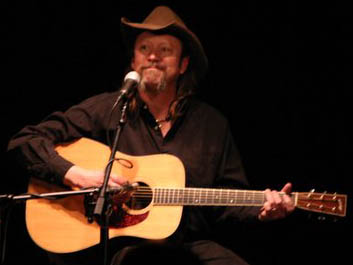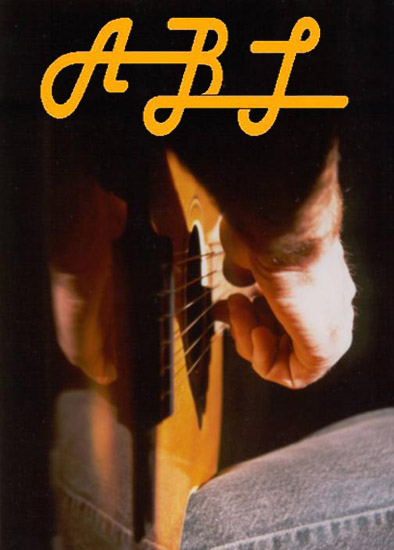|
Column Archive |
||
March, 2008 |
"The Future of Music Part 2 " |
by Webmaster |
|
One of the bands I play with, Shalom Feivel & Rocky Mountain Jewgrass, just sold out it's last two shows: Lannie's Clocktower Cabaret in January, and Swallow Hill Music Association in February. That's an incredible feeling. In addition, another one of my bands,
With the rising availability of digital music and the price of gasoline, more and more music consumption will be recorded and not live. And something will be lost. Recorded music has the potential to be note-perfect: if the tempo or pitch is off, re-record it. If the musicians aren't in sync with each other, re-record it. If the solo doesn't express the feel of the music, re-record it. That's a good thing, right? Live music may contain mistakes. Recorded music may not. Yes, live music may contain mistakes. It also has the potential to contain absolutely brilliant, inspired moments, and a freshness that you can't get in a recording studio after multiple takes. Those inspired moments are fleeting—if you weren't there, you missed it. Even recordings of live concerts lose that feel. You can hear what was played but you can't capture the magic of being there, experiencing it. I watch movies at home, alone. I read books. They may be extremely funny, but I rarely laugh out loud when I'm alone. Laughter is best when it is shared. That's why TV shows have recorded laugh tracks, to simulate the community of laughter. The sum of the parts is greater than the whole. The same applies to the community of music. You love it or you hate it, and those feelings are strengthened by the community of listeners and dancers. Live music: go hear it while you can. Please, support the venues that support live music (and musicians). Thanks to Bob Turner for lending me the Jan 2008 issue of Wired magazine. Thanks for visiting AcousticByLines.com! |
|||
| TOP | |||

 ,
had its best performance in February. We started with a full house and
kept them there till ending time. We rehearse, to learn the music, but
the music doesn't come alive until we play it for an audience.
,
had its best performance in February. We started with a full house and
kept them there till ending time. We rehearse, to learn the music, but
the music doesn't come alive until we play it for an audience.